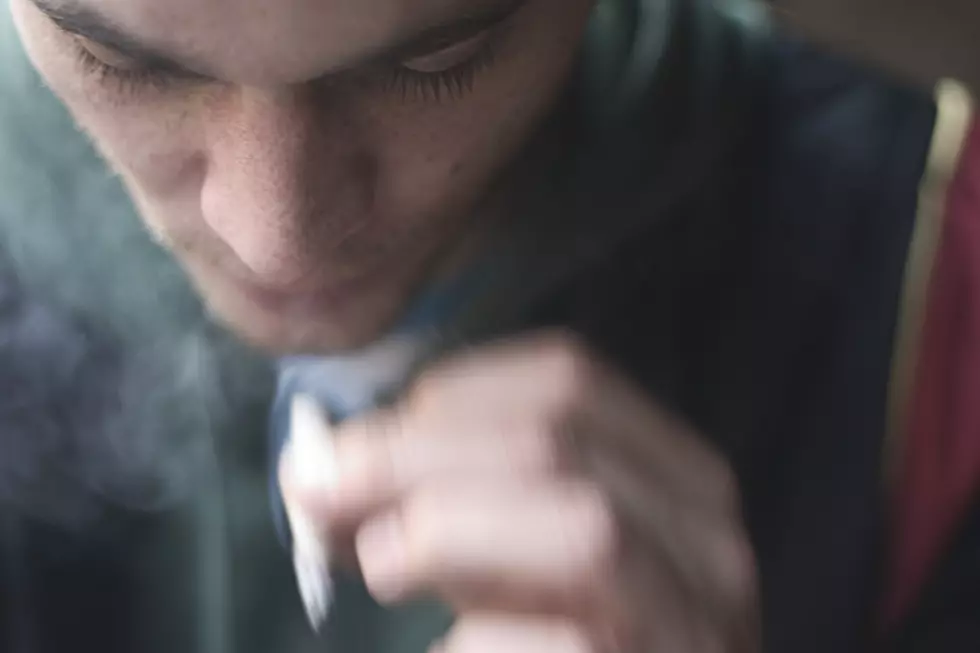
Viewpoint: Survey finds Missoula youth using marijuana at higher rate that peers
Missoula high school youth report using more marijuana than their peers in the rest of the state, according to the 2021 Montana Youth Risk Behavior Survey. This should be concerning to our community as the products that are on the market today can have potentially harmful effects on youth mental and physical health.
Since legalization, our neighbors in Colorado have seen youth opting for increasingly potent marijuana concentrates, with coinciding rises in ER visits and hospitalizations.
The Frenchtown Community Coalition recently brought Coloradan author and speaker Laura Stack to our area to speak on the dangers of high-THC marijuana. Stack’s 19-year-old son died by suicide during a psychotic break after several years of dabbing marijuana concentrates. Stack spent April 7th in Frenchtown speaking to students and holding an evening event open to the community. We did not see it covered in local media, but it is a critical discussion that needs to be had in our community.
Like many parents, Stack had no idea of the strength of today’s products prior to her son’s addiction. She told the audience when her son, Johnny, let her know he had tried marijuana at a party, she was displeased, but not too concerned. She remembered thinking, “Thank God it’s just weed.” She had tried marijuana in high school, but as she came to learn, today’s marijuana is a far different product.
In the 80s, marijuana contained about 2% THC, but after decades of modification and chemical extraction by the marijuana industry, products on the marketplace now are up to 99% THC. As Stack explained, today’s marijuana is far from natural and marijuana “concentrates” have people comparing them to hard drugs. There are currently no limits on the potency of THC concentrates in Montana, and the limit for leafy green “flower” is 35% THC – more than 17X the potency of “Woodstock weed.”
Adolescents who use are at increased risk of anxiety, depression, suicidal ideation, psychosis, and addiction. According to the Substance Abuse Mental Health Services Administration, 1 in 6 youth who use marijuana before the age of 18 will develop a cannabis use disorder. The Montana Department of Health and Human Services reports that the majority of Montana youth in treatment today are there because of problems with marijuana.
As Stack pointed out, "Addiction is an adolescent onset disease." Teens are 4-7 times more likely than adults to become addicted to marijuana, depending on the potency and frequency of their use.
Stack wrote a book about her family’s experience and started the non-profit Johnny’s Ambassadors “to provide education and research to hopefully keep other youth from following his path.” She advised parents in the audience to start talking with their children early about substance use, set clear no-use rules, and monitor children and their phones.
There are also public health policy recommendations that are proven effective to curb youth marijuana use – from limiting the number of dispensaries, strict rules on advertising, THC-potency caps, and not allowing products attractive to children like candies, cookies, and fruit flavors.
In Colorado, with the advocacy of Stack and legislators whose children had struggled with marijuana-induced psychosis, laws were passed this summer making it more difficult for 18-20 year-olds to get medical marijuana cards and limiting the amounts this age group could purchase. They were seeing youth, like Stack’s son, get medical cards as soon as they turned 18 and could do so without parent permission, then selling legally purchased products to underage youth.
In Missoula, we have the MOST dispensaries per capita of any city in the nation! This is likely a contributing factor to our youth using at rates higher than the rest of the state. Legalization of marijuana may bring in revenue, but it is not without costs. We need to begin talking about common sense and research-backed ways to prevent youth marijuana use.
Faith Price, Healthy Missoula Youth Policy and Law Committee chair; Reagan Mecham, Frenchtown Community Coalition coordinator; Leah Fitch-Brody, Healthy Missoula Youth Coalition facilitator
